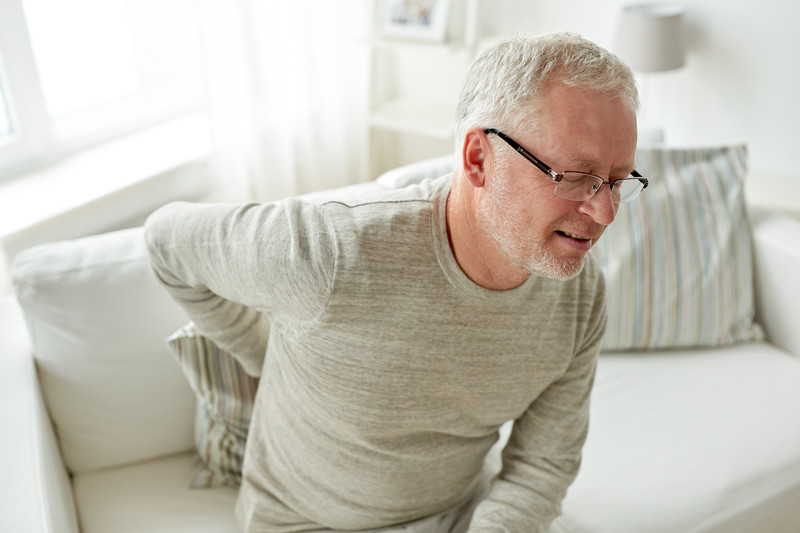One of the most recurring incidents among elders is falls. Each year, one third of elders aged 65 or older suffers a fall. While falling may seem a rather benign occurrence for most young and not-so-young people, the effects on older elders can often be devastating financially and physically
Many factors account for the more devastating effects falls can have on elders. Biological changes, such as muscle weakness, vision loss, osteoporosis, physical disabilities, and loss of coordination and balance, can contribute to greater injuries resulting from falls. Medications can affect a person’s agility and gait, and interestingly, there is a very strong connection between the presence of urinary tract infections (UTIs) and falls. One study showed that women who experienced one or more periods of urgency or incontinence associated with UTIs per week had a significant increased fall risk, most likely due to the need to rush to the bathroom.
Behaviors are also contributors. Older adults, feeling fully capable of conducting business as usual, may attempt to do tasks that were once easy but now put them at risk for falling. Climbing on ladders to clean or hang items, pruning trees, and shoveling snow are examples of activities that can place elder adults at risk of falling. Other behaviors, such as an inadequate or poor diet, little or no exercise, and alcohol abuse are additional risk factors. Finally, environmental factors such as poor lighting, uneven flooring or loose carpets, and lack of handrails are major causes of falls.
In the majority of cases, the risk of falling can be reduced through awareness and behavioral and environmental changes. It is important for elders and their families to understand what the risks are and how to avoid them. Older adults should honestly assess their current physical condition and recognize if they have any limitations so they can ask for help if necessary. Asking for help can be difficult for many people who have been independent their entire lives, so friends and families may want to take the initiative and simply offer to help with tasks that may put the older person at risk.
At some point elders or their families may decide that the elder could use more regular assistance with daily tasks and may benefit from seeking home care services. In-home caregivers can aid elders in their activities so they can accomplish their tasks successfully and safely. Services can include assistance with light housekeeping, cooking, daily tasks, errand running, toileting and incontinence care, and more. In-home care agencies may assess the elder’s home environment and recommend changes that can help remove environmental risks of falling.
– Stephen Rudolph

